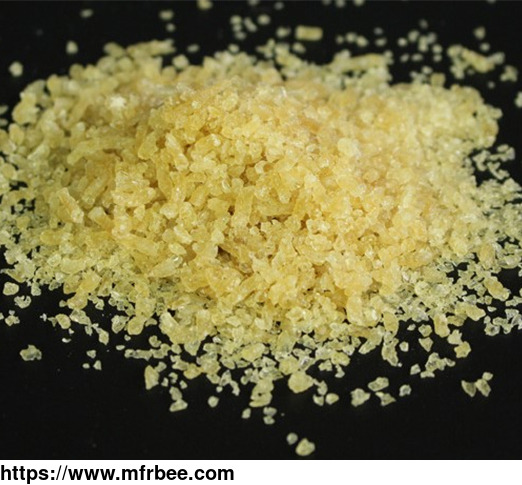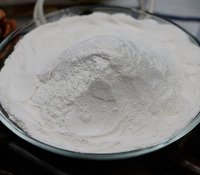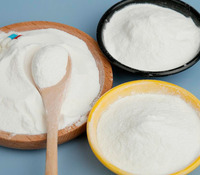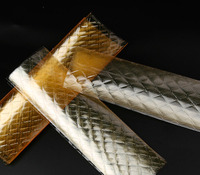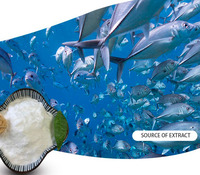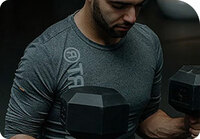GELATIN POWDER FOR SALE
Specifications
Gelatin Powder Good for Health
Gelatin, colorless to pale yellow solid, in powder, flake or block. Shiny, odorless, tasteless. Gelatin is a product obtained by moderate hydrolysis and thermal denaturation of collagen. The raw
materials for the production of gelatin are mainly animal skins, bones and tanning wastes. Chicken skin is prepared as raw material.
Discover Gelatin Products For Sale
Hydrolyzed Gelatin
The high quality gelatin powder uses pure gelatin as raw material, which is decolorized and deodorized, filtered, concentrated by vacuum evaporation, and spray-dried to obtain a white to light
yellow powder with a slight special odor. Finally, according to the average molecular weight of the finished product, it is classified and packaged.
Collagen Hydrolysate and Gelatin
English aliases: Proteinhydrolyzates, gelatin hydrolyzates; Protein A; Protein O; Flavex 95; Gelatinhydrolyzate; Gelita Imagel AP; Gelitasol PA; Gelysate; HBC-P 20; Hydrolysedgelatin; Hydrolyzed
gelatin; Peptide PBH; Peptone G; Peter Cooper 92B; Solugel; Solugel (protein); Solugel LM; Solugel P; Boiling point: Vapour density: Melting point: 350 deg C (decomposes) Storage temperature: 2-8°
C Appearance: white to slightly yellow powder.
What is Gelatin Made of?
Semix edible gelatin is the use of collagen in the bones and skins of pigs, cattle, sheep, and other animals. It is processed by denaturation and degradation. Contains more than 8 kinds of L-type
amino acids, is a pure protein. Free of fat and cholesterol. Easily absorbed by the human body, gelatin food made of wool. It has a certain curative effect on certain diseases, especially for the
development of children, and has ideal nutritional value.
Guide to Choosing Gelatin
What animal is used to make gelatin? Gelatin is made by boiling the connective tissue of animals. Almost any connective tissue can be used. But in the United States, it is mostly pigskin, cowhide,
and fish skin. Demineralized bone is also often used. In China, donkey skins are commonly used. Pick just one gelatin brand and list which animals were used. Bonus points if it lists which part of
the animal was used.
Is gelatin grass-fed and pasture? While the animal choice may not have much of an impact on nutritional content, the way animals are raised may. Choose grass-fed, pasture-raised gelatin whenever
possible. It will cost more, but it's worth it for the nutritional value.
Do some research to find out how to make gelatin. If you can't find this information, bovine gelatin is the best option.
Is the gelatin contaminated with heavy metals or sulfur dioxide? Depending on the brand of gelatin, many chemicals may be used in the manufacturing process. Some of the big ones are hydrochloric
acid, calcium hydroxide or sulfur dioxide, and hydrogen peroxide. Likewise, gelatin may contain high levels of heavy metal contamination. The best gelatin brands will test their products and
publicly provide levels of heavy metals and other contaminants. Choose a trusted gelatin brand that discloses this information.
If you want to know more details of what is the difference between hydrolyzed collagen and gelatin , please visit our website.
As a collagen manufacturer, we can offer kinds of custom collagen for sale, if you have needs, please contact us.
- Country: China (Mainland)
- Address: No. 18 Hangping Road, Haining City, Zhejiang Province
- Contact: semix .com
